G7 summit may end without a communiqué: Germany
A German official has expressed doubts that an upcoming summit of the Group of Seven industrialized nations, known as G7, could end in a traditional final communiqué as massive differences linger between the United States and other members over issue like trade and the climate change.
“At this time, it is extremely important that we have such meetings. Whether there will be a communiqué or not I don’t know,” the unnamed official said on Tuesday.
It would be rare for the G7 summit not to issue a communiqué. However, the June 8-9 meeting in Charlevoix, Canada, will be heavily influenced by US President Donald Trump’s controversial decisions to abandon an international climate change deal, his withdrawal from a landmark nuclear deal with Iran and his introduction of tariffs on trade, which Canada and European allies say would seriously undermine future cooperation between the G7 members.
The German official who was speaking during a briefing with reporters said the Europeans and Canada would insist on their positions which would make it difficult for the entire G7 to reach a joint statement.
“Our aim is to get a joint communiqué but we have our positions which we will not give up,” he said, adding, “It is not easier than in previous years. .. We will see.”
The official also rejected claims that the summit could be a last such meeting of the G7 although he admitted it would be one of the most difficult ever.
“I see no reason why it should be the last summit. Whether it is more difficult than all others, I will tell you at the end,” he said.
Asked about rumors that Trump may avoid attending the meeting to show that he is determined to reject demands of other members, the German official said, “We have to expect so.”
Germany, the dominant economic power in Europe, is working with other European Union members to persuade Trump’s administration to give exemptions to the Europeans both on trade tariffs and on sanctions that could implicate European companies when they engage in business with Iran.
Trump has hardly shown any sign he would grant such exceptions. That would further raise the prospects of a trade war while it would also prompt the EU to unilaterally adopt measures to counter Washington’s anti-Iran sanctions.
US media: Trump at 230 electoral votes against Harris at 210
VIDEO | Press TV's news headlines
VIDEO | Jordanians call for action against Israeli aggressions in West Asia
Amid tight race, Trump at 246 electoral votes against Harris at 205
VIDEO | Iran, Pakistan vow to resist Israeli genocidal actions in Gaza
Israeli strike on Lebanon kills at least 15 people
Israeli forces kill 7 more Palestinians in West Bank
VIDEO | US presidential election


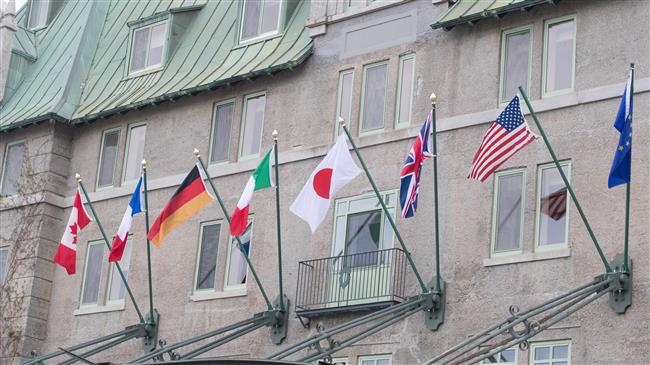
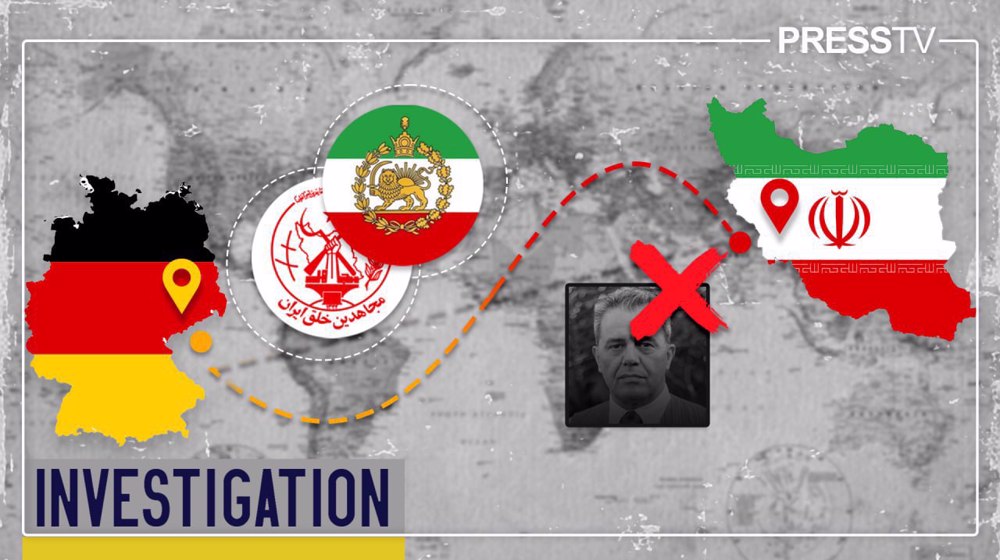
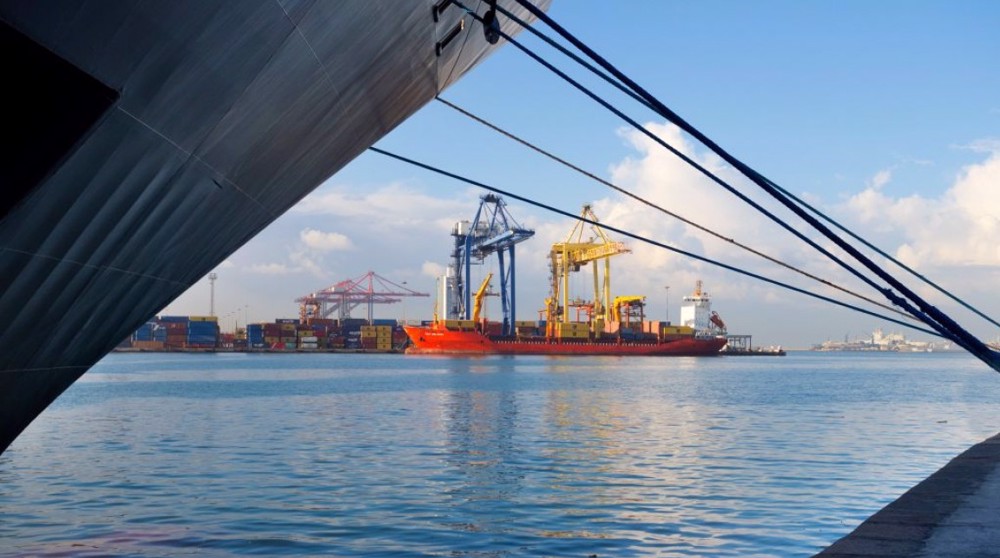
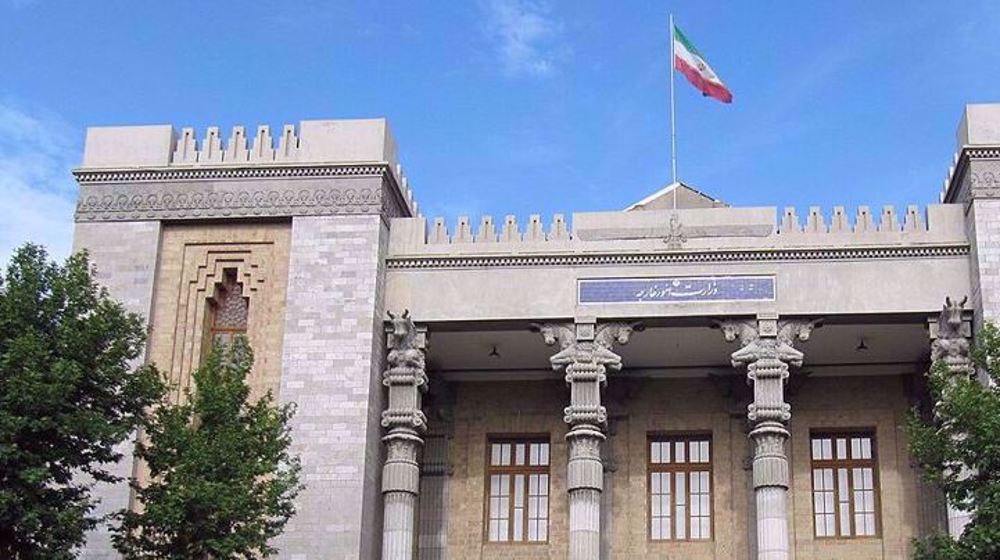



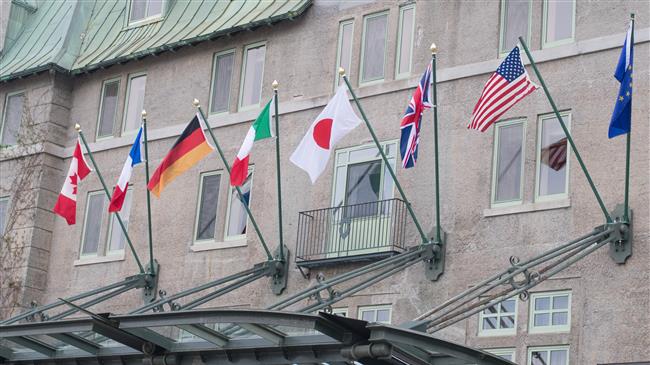


 This makes it easy to access the Press TV website
This makes it easy to access the Press TV website